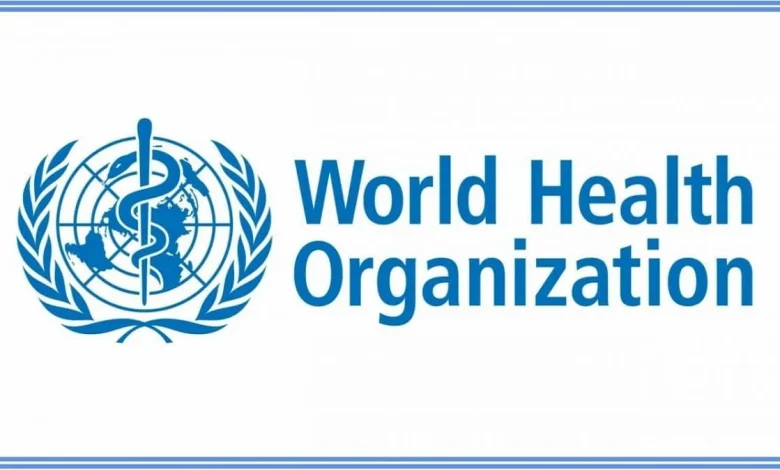WHO declares Egypt malaria-free after nearly a century of efforts

On Sunday, October 20, the World Health Organization (WHO) officially certified Egypt as malaria-free, marking a significant milestone in a nearly century-long campaign to eradicate the disease.
In a statement, the WHO lauded the achievement as a testament to the unwavering commitment of the Egyptian government and its citizens in the fight against malaria. WHO Director-General Tedros Ghebreyesus remarked, “Malaria is as old as Egyptian civilization itself, but the disease that plagued pharaohs now belongs to its history and not its future. This certification of Egypt as malaria-free is truly historic and an inspiration to other countries in the region.”
The need for ongoing vigilance
Egypt’s Deputy Prime Minister, Khaled Ghaffar, stressed the importance of sustained vigilance to maintain this achievement. He stated, “Receiving the malaria elimination certificate today is not the end of the journey but the beginning of a new phase. We must now work tirelessly to sustain our achievement through maintaining the highest standards for surveillance, diagnosis and treatment, and integrated vector management.”
He reaffirmed the government’s commitment to safeguarding public health and enhancing the healthcare system, emphasizing that these efforts are crucial in preserving Egypt’s malaria-free status.
A regional achievement
With this certification, Egypt becomes the third country in the WHO Eastern Mediterranean Region to be declared malaria-free, joining the United Arab Emirates and Morocco. It is also the first country to achieve this status since 2010, bringing the global total to 45 certified malaria-free nations.
The WHO grants malaria elimination certification to countries that have interrupted indigenous malaria transmission nationwide for at least three consecutive years, demonstrating a capacity to prevent re-establishment.
Historical context
Egypt’s battle against malaria has deep historical roots, with genetic evidence of the disease found in ancient Egyptian mummies. The country’s early efforts to combat malaria began in the 1920s with measures to reduce human-mosquito contact. In 1930, the government declared malaria a notifiable disease and established its first malaria control station.
WHO’s Regional Director for the Eastern Mediterranean, Hanan Balkhy, praised Egypt’s achievement, stating, “Today, Egypt has proven that with vision, dedication, and unity we can overcome the greatest challenges. This success in eliminating malaria is not just a victory for public health but a sign of hope for the entire world.”
Overcoming challenges
Egypt’s path to becoming malaria-free was fraught with challenges, especially during World War II when cases surged due to displacement and disrupted medical services. The government’s establishment of treatment divisions and recruitment of health workers helped control the outbreak.
Significant efforts continued, including rigorous vector control initiatives following the construction of the Aswan Dam in 1969, which created new malaria risks. By 2001, malaria was under control, and Egypt focused on preventing its re-establishment.
The country’s comprehensive approach included providing free malaria diagnosis and treatment to all residents and training health professionals nationwide to detect and screen for malaria cases, including at borders.
Conclusion
Egypt’s certification as malaria-free is a culmination of dedicated efforts and a collaborative approach, highlighting the nation’s commitment to public health and serving as a beacon of hope for other countries still battling the disease.





